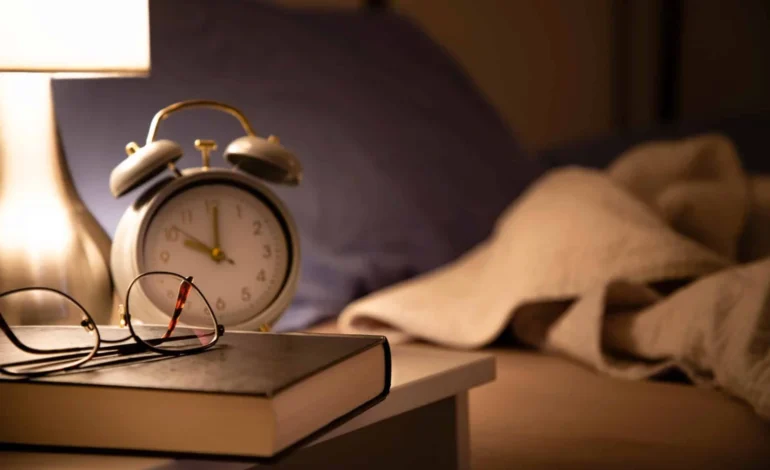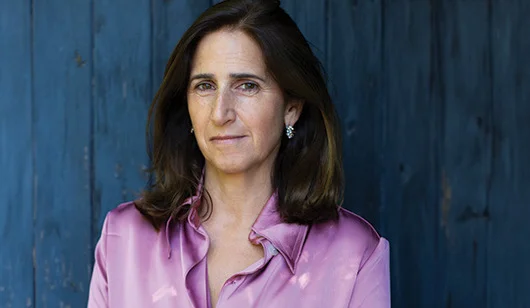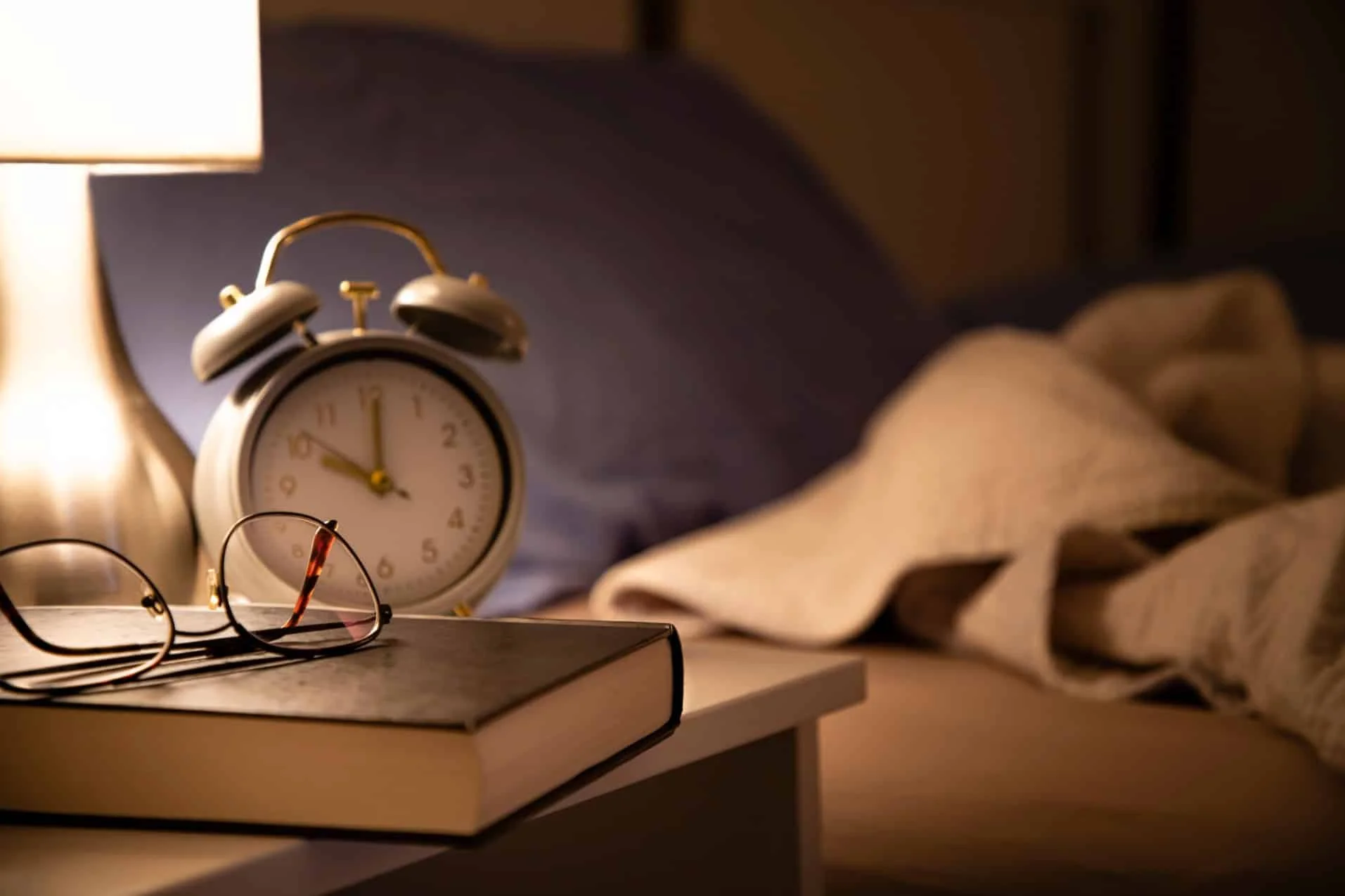Clocks going back: what the time change really does to your health

As Britain prepares to turn the clocks back this weekend, many look forward to an extra hour of rest. Yet growing research suggests the biannual clock change has a lasting effect on sleep, health, and mood.
For most, the extra hour of sleep after the autumn clock change feels like a small gift. But according to researchers, that single hour can set off a series of shifts in our body’s internal rhythms that affect health well beyond Sunday morning. While the autumn change is not considered as harmful as spring’s loss of sleep, studies have found links between the darker evenings and a rise in depressive episodes.
Health & Wellbeing — Latest from EyeOnLondon
Evidence-informed reads to help you train smarter, feel better, and stay curious.
What is HYROX? Your guide to the hybrid fitness race
How the event works, who it suits, and simple tips to prepare without overtraining.
Read the articleMore Health stories
Mind–muscle connection: what the science really says
Focus, form, and why intent can change how your body recruits muscle fibres.
Read the articleMore Health stories
Gratitude, health, and happiness: small habits, real effects
Simple, sustainable practices that can lift mood and support overall wellbeing.
Read the articleMore Health stories
A century-old habit that won’t go quietly
Daylight saving time was first introduced in the UK in 1916 to conserve energy during wartime. Every year, clocks move forward on the last Sunday in March and back on the last Sunday in October.
Today, more than 70 countries still observe daylight saving, including the United States, which adopted it formally in 1966. But growing scientific evidence suggests these time shifts may have more impact on public health than many realise.
The most serious effects appear in the spring. When the clocks move forward, people lose an hour of sleep and see mornings darken and evenings lighten. That disruption has been linked to increased heart attacks, strokes, and road traffic collisions.
A US study found hospital admissions for heart attacks rose the Monday after the clocks changed, and similar patterns have been documented in Sweden, Germany, Croatia and Finland. A meta-analysis estimated the risk rises by about 4%.
How the body clock reacts
The human body relies on its circadian rhythm, a 24-hour internal clock synchronised mainly by sunlight. At night, the brain produces melatonin to trigger sleep. In the morning, light suppresses melatonin and raises cortisol levels, helping us wake naturally.
Spring’s clock change disrupts that pattern. More light at bedtime delays sleep, and darker mornings mean many wake before they’re ready. That small shift can have ripple effects for days. Professor David Ray of the University of Oxford explains that “even one hour carries a certain risk, and of course, if you do it to a whole population, even with a small risk applied to 60 million people, you’ll be dialling up quite a lot of disease that is completely avoidable.”
Shift workers are particularly vulnerable, as they already live “against the clock”. Research links shift work to increased rates of diabetes, heart disease, obesity and earlier mortality.
Autumn’s brief benefit
Turning the clocks back in autumn seems less disruptive. Some people sleep slightly longer that night, but studies show the average increase is just 33 minutes, and the benefit fades quickly.
A Danish study of psychiatric records found an 11% rise in depressive episodes in the 10 weeks after the clocks went back. Other research, led by Joan Costa-i-Font at London School of Economics and Political Science, found that while people reported feeling more energetic in autumn, the overall health impact of the biannual change remains negative.
Costa-i-Font’s research suggests the springtime shift lowers life satisfaction, disrupts sleep and contributes to stress. Economically, the twice-yearly change is estimated to cost more than €750 per person annually in lost productivity and health impacts.
You can read more about the health implications of daylight saving time from NHS.
Why change is still stuck
The European Parliament voted in 2019 to scrap daylight saving time altogether. But agreement on whether to keep permanent summer or winter time has proved elusive. Most countries prefer summer time, but scientists widely recommend winter time as more natural for human circadian rhythms.
For now, the clock change remains a fixture of British life. As the evenings draw in, the one certainty is darker nights and, for many, the hope of a better night’s sleep.
For more stories exploring London life, follow EyeOnLondon for original features and everyday insights across the capital.
Follow us on:
Subscribe to our YouTube channel for the latest videos and updates!
We value your thoughts! Share your feedback and help us make EyeOnLondon even better!








